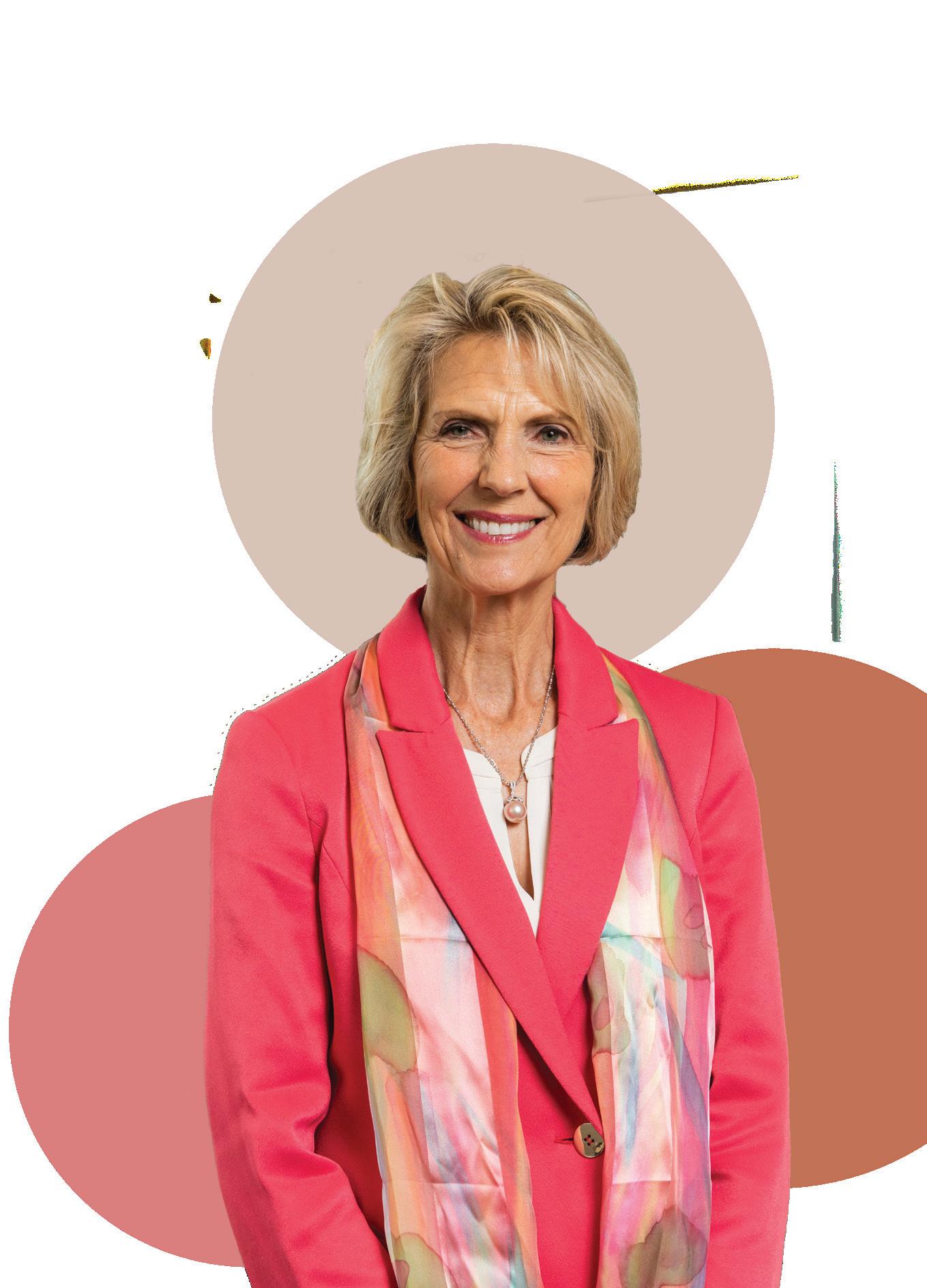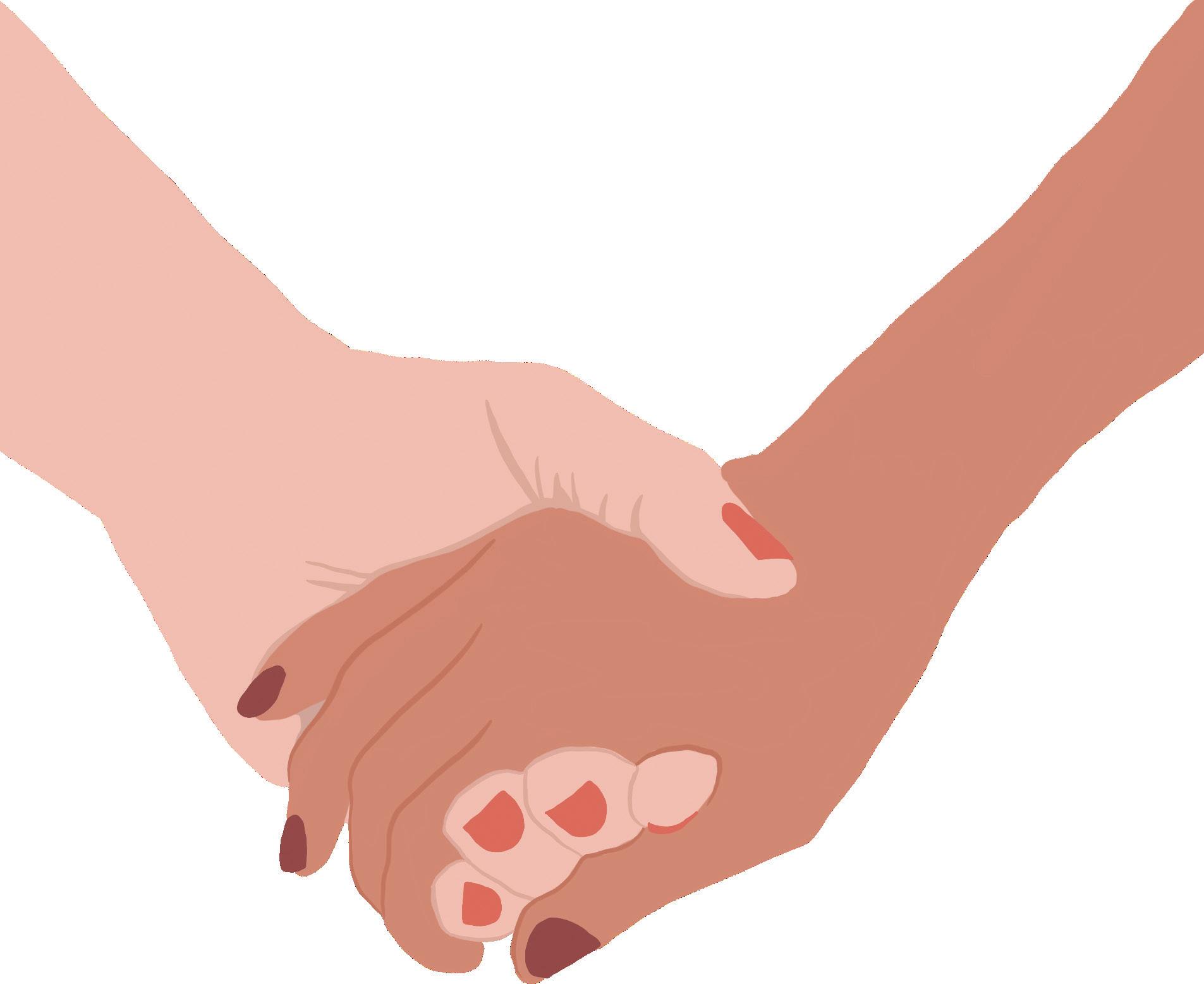UNSUNG HEROES AROUND THE WORLD by Allison Lee art by Bethany Wilson
International Studies Professor Amanda Rizkallah was raised by two black sheep. Her Lebanese family moved between the U.S., Lebanon and Saudi Arabia growing up. Both her mother and father were the only one of their siblings to obtain a college degree and higher. She broke from her culture’s expectations by following in her parents’ footsteps. “I’m raised by these two people who really valued education and really beat the odds in their own lives and came from difficult backgrounds of their own,” Rizkallah said. “So for me, I think the expectation was always that I would build on that.”
31
Rizkallah’s parents grew up during movements for Arab independence in the ’50s and ’60s that included new efforts to educate women. Although upper-class women were earning undergraduate and graduate degrees, Rizkallah said the expectation still existed for women to get married and have children after their education. For every culture around the world, feminism looks different. Feminist factors While the status of women in the Middle East has been stereotyped to be one
of the worst in the world, Rizkallah said there are strong and well-established feminist movements in Middle Eastern countries. Different factors, such as the interpretation of Islam and the wealth of the country, shape feminism. “It’s not obvious to the person looking from the outside that countries that have more oil tend to have worse kinds of situations for women in terms of legal protections but then also in terms of labor force participation and political participation,” Rizkallah said. “So countries that have more oil often have less of a need for women to work.” Known for its wealth from oil and its stricter laws, Sau-












